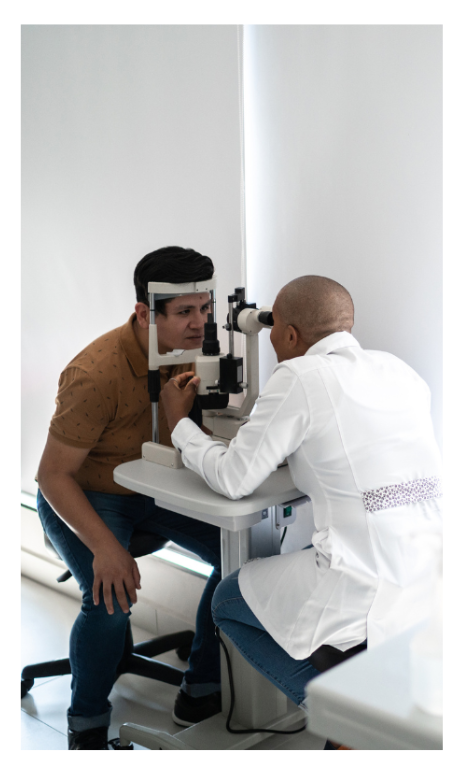Types of Impairments in the SSA Disability Listings
These are the 14 major categories of health problems that Social Security recognizes on its list:
- Cancer
- Cardiovascular
- Congenital disorders
- Digestive disorders
- Endocrine disorders
- Genitourinary (kidney)
- Hematological (blood)
- Immune system disorders
- Mental disorders
- Musculoskeletal
- Neurological
- Respiratory
- Skin disorders
- Special senses and speech
For every disease under each category, the SSA disability listings give symptoms you can document for your disability application.
Take lupus, which is under immune disorders. The list mentions fatigue, fever, involuntary weight loss, limited daily activities, difficulty socializing and difficulty completing tasks as effects of lupus that Social Security recognizes when it evaluates disability claims.
The list also gives specific types of evidence of your health condition that you can include for a stronger disability claim.
For cardiovascular diseases such as heart failure, types of evidence include physical exam reports, laboratory studies, observations from medical professionals of how your condition responds to treatment, electrocardiogram (ECG) tests, exercise tests and more.
The information in the Listing of Impairments goes on for pages. Disability advocates who work with this system all the time know what’s in there and what you need for your case.
Ask the Hanley Disability advocates in Indiana for a no-cost, no-obligation review of your situation and chances of getting disability benefits.






